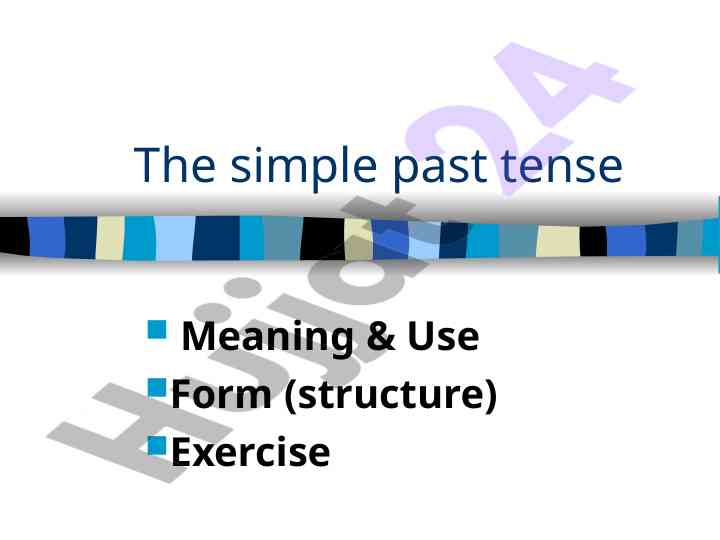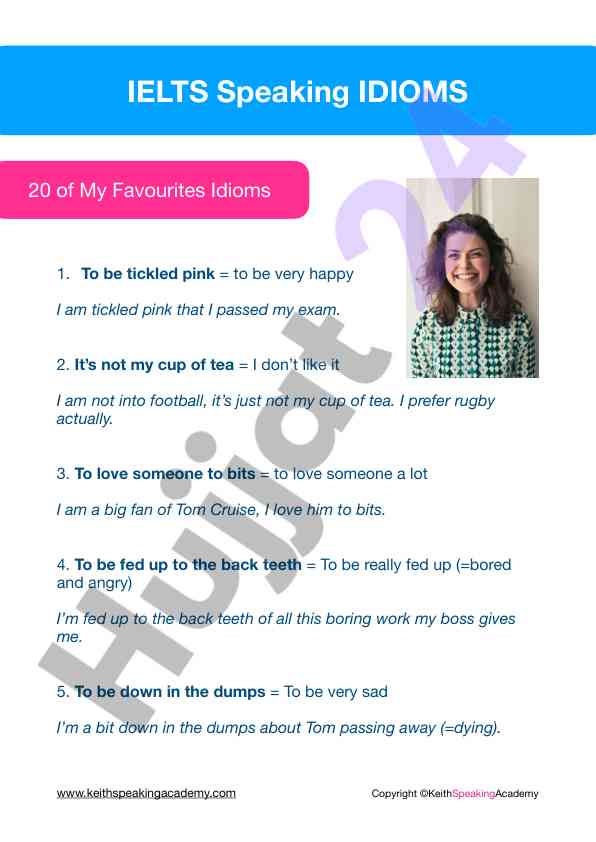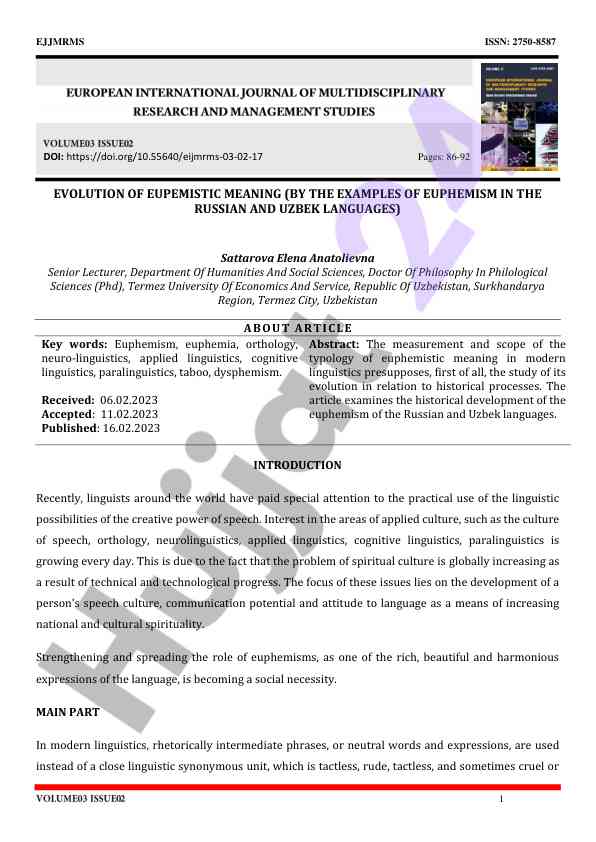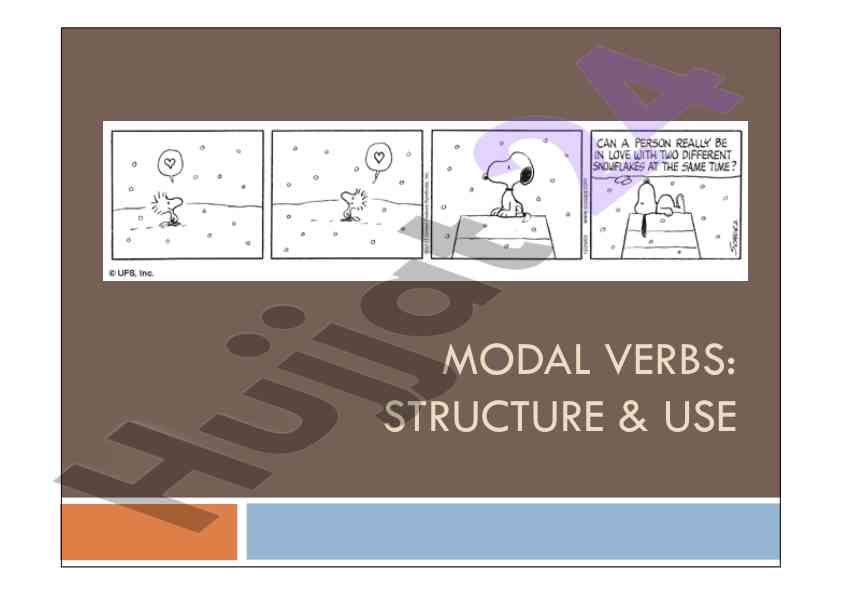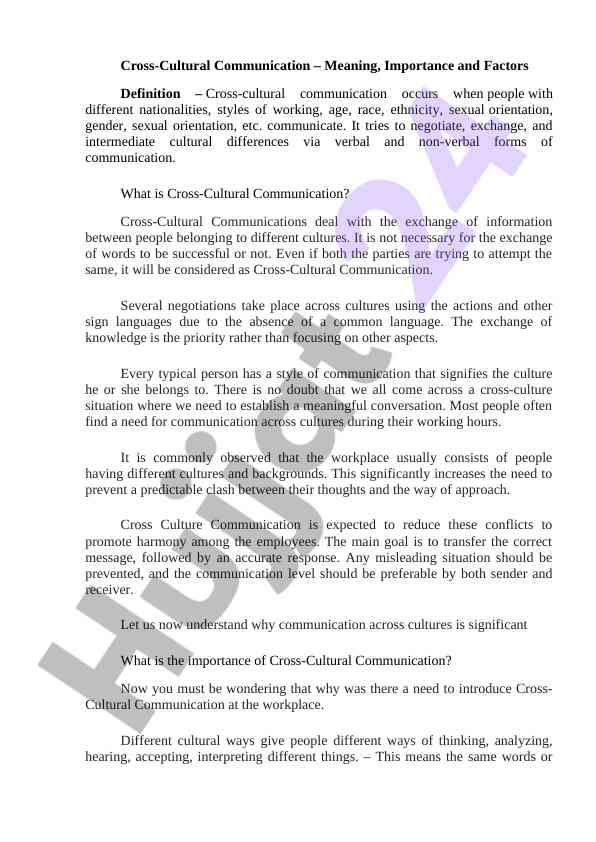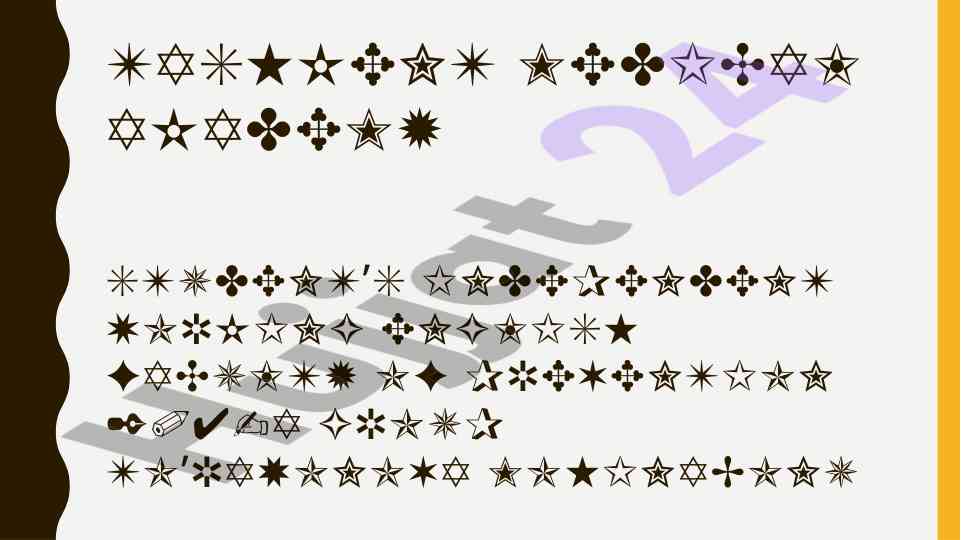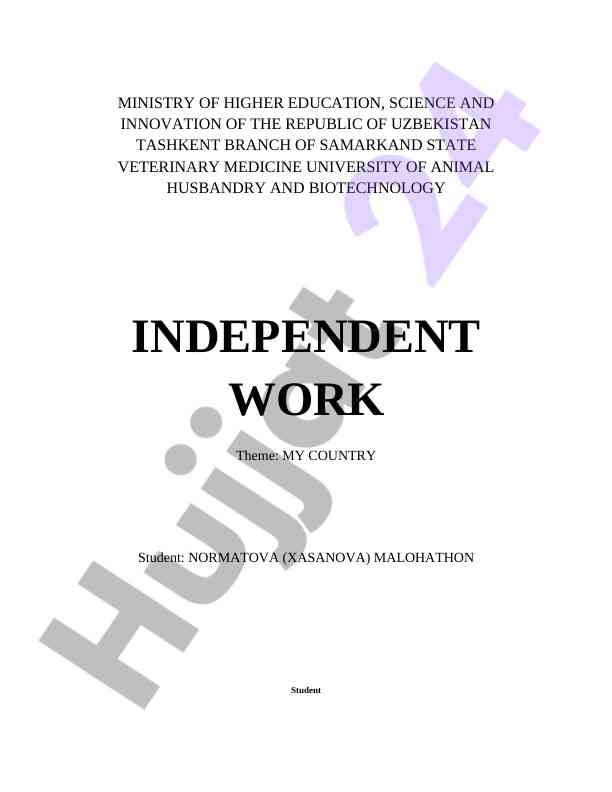Because: meaning and use


Muallif:
Shoda Team
Hujjat ma'lumotlari
Mahsulot tavsifi:
Because introduces clauses of cause and reason. It is a subordinating conjunction. This means that the clause it introduces is a subordinate clause, which needs a main clause to make it complete. We use a comma when the subordinate clause comes before the main clause: [main clause]Everyone left early because [subordinate clause]Mark and Helen had an argument. [subordinate clause]Because they were so tired, [main clause]they went to bed at 9 pm. Warning: We don’t use for or why instead of because when we are giving reasons: I’m going to go to the company’s head office on Monday because there is an emergency meeting there. Not: … to the company’s head office on Monday for/why there is an emergency … See also: As, because or since? Because of Because of is a two-word preposition meaning ‘as a result of’: Be

